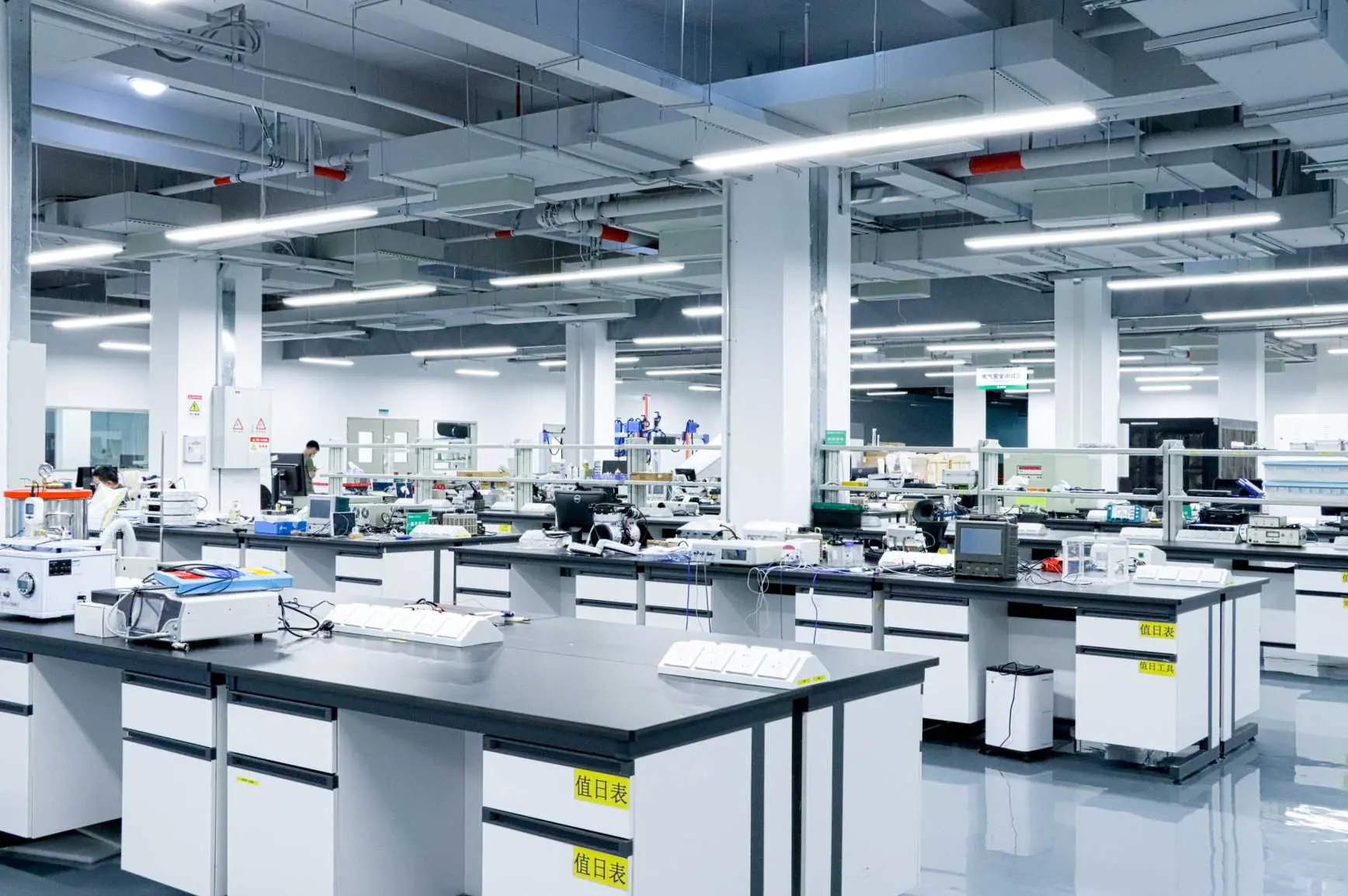
LED Display Export Certifications
With the market's growth, product quality and safety concerns have become increasingly important. Certifications play a crucial role in ensuring the quality, safety, and performance of LED displays.

Certification is the process of evaluating and testing LED displays to verify whether they meet specific standards and requirements. It guarantees that LED displays meet a certain level of quality, safety, and performance, thus protecting consumer rights and promoting a healthy market development.
What certifications are requiRED for LED displays?
As a critical medium in modern information display technology, LED displays are widely used in fields such as commerce, advertising, media, and sports. To ensure their quality and safety, LED displays must obtain several certifications.
International Certifications:
CE certification:
CE certification is the European Union's safety certification system, regarded as a passport for manufacturers to enter the European market. For LED displays, CE certification focuses on electromagnetic compatibility, low voltage directives, and mechanical directives to ensure that products do not pose risks to humans or the environment.
FCC Certification:
FCC certification is mandatory for electronic devices sold in the U.S., focusing on whether products exceed electromagnetic radiation limits. LED displays must pass FCC certification before being sold in the U.S. to ensure compliance with American regULations.
ROHS certification:
RoHS certification limits the use of certain hazardous substances in electronic equipment. LED displays passing RoHS certification comply with environmental protection standards by not using harmful substances like lead or mercury.
Domestic certifications in China:
ccc certification:
CCC certification is China’s mandatory product certification system, involving electronic safety and electromagnetic compatibility. LED displays must pass this certification to be sold in China.
CQC certification:
CQC certification, from the China Quality Certification Center, focuses on product quality, performance, and safety. It confirms that the product is reliable and meets customer expectations.
Other Certifications:
- ISO9001 Quality Management System Certification:
ISO9001 ensures companies have effective quality management systems to guarantee stable and reliable products.
Energy-saving Certification:
This certification indicates the product’s energy efficiency and performance, enhancing competitiveness and reducing environmental impact.
Electromagnetic Compatibility (EMC) Certification:
This certification ensures that electronic devices do not interfere with other equipment during operation and can resist electromagnetic interference.
Product Safety Certification:
This certification covers safety issues, such as fire and lightning prevention, to ensure that the product does not harm users or the environment.
Can LED displays without FCC certification be used?
LED displays without FCC certification cannot be sold or used in the U.S. as it is a mandatory certification focusing on electromagnetic radiation compliance. Without this certification, LED displays may be detained by U.S. customs or face legal penalties.
How to verify if an LED display is certified?
You can verify certification by checking the product label or accompanying documents for certification marks, such as CE, RoHS, or FCC labels. Additionally, certification bodies usually publish lists of certified products, which can be checked online.
What are the benefits of purchasing certified LED displays?
- Quality Assurance:
Certified LED displays follow strict quality standards and protocols, ensuring product reliability.
- Reliable Safety Performance:
Certifications cover safety features like electrical and fire safety, reducing usage risks.
- Regulatory Compliance:
Certified products comply with market-specific regulations, reducing potential risks of non-compliance.
- Support and After-sales Service:
Certified manufacturers often provide better after-sales support with professional teams to resolve issues.
- Brand Reputation:
Certifications reflect professionalism and responsibility, enhancing brand image.
How to ensure LED displays meet certification requirements?
To ensure compliance, choose certified manufacturers, review certification documents, understand certification standards, and follow installation and usage guidelines. Proper care ensures longer product life and optimal performance.
Certifications are essential for ensuring LED display quality, enhancing market competitiveness, and protecting consumer rights. Both international and domestic certifications focus on safety, environmental compliance, and quality management systems, highlighting the importance of rigorous testing and evaluation.
Email:hello@jjrlab.com
Write your message here and send it to us
 How Do You Get a CE Mark
How Do You Get a CE Mark
 IEC 60529 IP Rating Ingress Protection Standard
IEC 60529 IP Rating Ingress Protection Standard
 IEC 60601-1 Medical Electrical Equipment Basic Saf
IEC 60601-1 Medical Electrical Equipment Basic Saf
 European Authorized Representative Medical Devices
European Authorized Representative Medical Devices
 EU Waste Electrical and Electronic Equipment Direc
EU Waste Electrical and Electronic Equipment Direc
 How to Get CE Approval
How to Get CE Approval
 Accelerated Ageing Test
Accelerated Ageing Test
 IP Ingress Protection Testing
IP Ingress Protection Testing
Leave us a message
24-hour online customer service at any time to respond, so that you worry!




